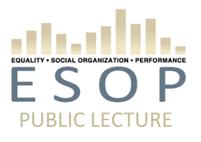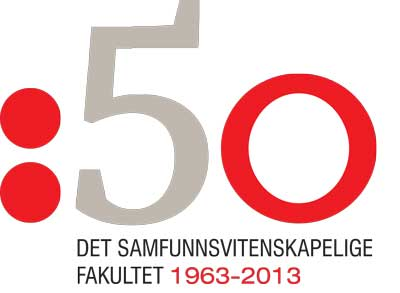Lecture title:
Understanding Balance Sheet Crises and Recessions: Some Learning from Experiments
Abstract:
Major long-lasting economic slumps such as the Depression and Great Recession, are among 11 of the 14 most recent U.S recessions, 1929 to 2007, that have been foreshadowed by declines associated with housing-mortgage market behavior. The most recent calamity is a consequence of the housing bubble and collapse, 1997-2012. Bubbles are commonplace in history; they are also common in laboratory experiments and I will discuss how learning from experiments helps to inform our understanding of these larger economic events. Severe balance sheet crises in the U. S. economy are rare and their collapse unexpected by economic and policy experts. As in the recent case, housing can lead to a balance sheet crisis in which households spiral into negative net equity as home values fall against fixed mortgage indebtedness; these conditions-not part of standard economic thinking-are mirrored in households' lender banks. Various recovery scenarios can be identified, none of them painless.
Read more about the Nobel-prize winner and his field of expertise, experimental economics here.


